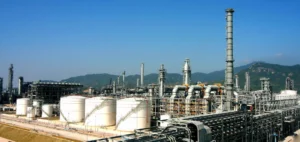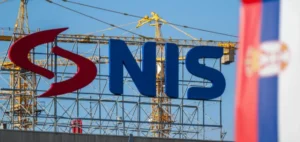Italian energy giant Eni announced it has completed the sale of its oil assets in the Nikaitchuq and Oooguruk fields, located off the coast of Alaska, to the American company Hilcorp for a total of $1 billion. This transaction, approved by the competent authorities, aligns with the group’s strategy to streamline its exploration and production operations by shedding non-strategic assets from its portfolio.
Eni’s strategic objectives: asset sales and refocusing
In a statement released this Monday, Eni reiterated its commitment to divest assets worth a total of €8 billion between 2024 and 2027. The sale of the Alaskan fields contributes to this goal and illustrates the company’s intention to concentrate resources on investments deemed more essential for its growth. With concluded transactions and ongoing sales, Eni now estimates it can achieve this goal by 2025, well ahead of the 2027 deadline.
Financial performance impacted by price volatility
Eni recently reported a significant drop in its net profit, which fell by 73% in the third quarter of 2024 to €522 million. This decline is largely attributed to the decrease in global oil prices. In the face of this volatility, selling non-strategic assets could help stabilize the group’s financial results by allowing a refocus on more resilient and profitable segments.
Agreement with KKR: diversification into bio-refining
In addition to the sale of its Alaskan fields, Eni signed an agreement in October with American investment fund KKR for the sale of a 25% stake in its subsidiary Enilive, which specializes in bio-refining, for €2.9 billion. This transaction is part of the group’s strategy to diversify into more sustainable energy ventures while capitalizing on the renewable energy market.
A repositioning strategy in an energy transition context
These operations are part of Eni’s strategic plan to reduce its exposure to fossil fuels in favor of alternative energy sources. In response to the imperatives of the energy transition, numerous oil companies are redirecting their activities to meet the expectations of investors and regulators regarding the reduction of greenhouse gas emissions. For Eni, selling oil assets represents a step toward restructuring its portfolio to better adapt to the challenges of the future energy landscape.





















